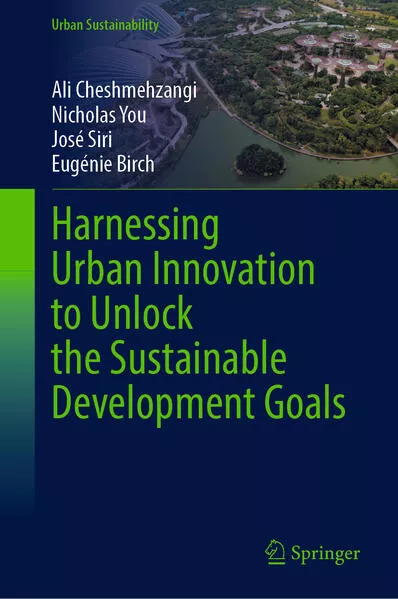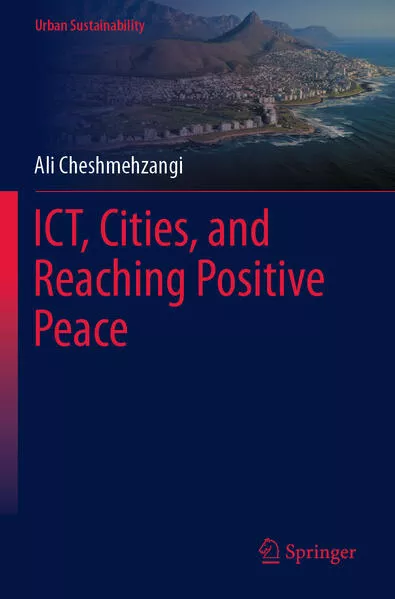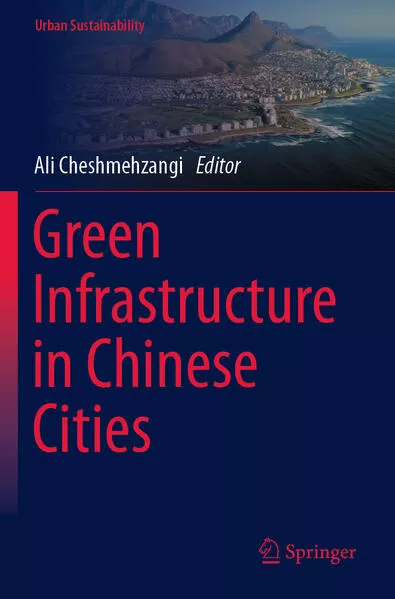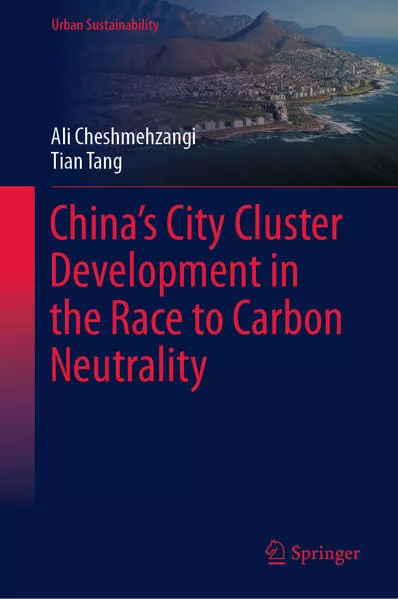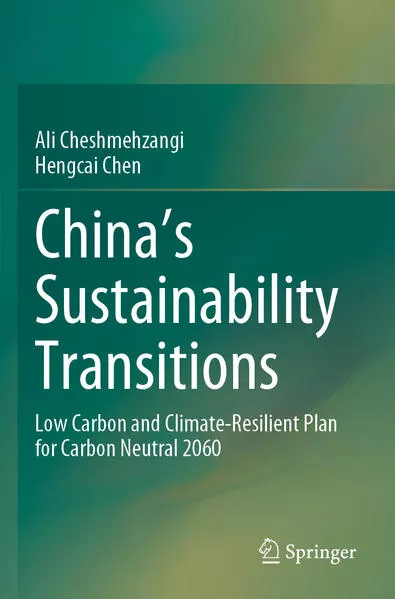
- Publikationen ca: 11
- Fragen & Antworten
Ali Cheshmehzangi
- Harnessing Urban Innovation to Unlock the Sustainable Development Goals
- China’s City Cluster Development in the Race to Carbon Neutrality
Ali CHESHMEHZANGI
Ali Cheshmehzangi is a Professor of Architecture and Urban Design with a Ph.D. Degree in Architecture and Urban Design, a Master’s Degree (M.Arch.) in Urban Design, a Graduate Certificate in Professional Studies in Architecture, and a Bachelor Degree (B.A. Hons.) in Architecture. He is an urbanist and urban designer by profession and by heart. He studies cities and city transitions, sustainable urbanism, and integrated urban design strategies. Ali is Head of the Department of Architecture and Built Environment, Director of the Centre for Sustainable Energy Technologies (CSET), and Director of Urban Innovation Lab at the University of Nottingham Ningbo China (UNNC). He is also a Specially-Appointed Professor at Hiroshima University, Japan. Currently, he works on two research projects on ‘Integrated Urban Modelling Framework’, and ‘ICT-based smart technologies for resilient cities’. Some of his previous projects are: ‘smart eco-cities in China and Europe’, ‘low-carbon town planning in China’, ‘green infrastructure of cities’, ‘nature-based solutions in China’, ‘toolkit for resilient cities’, ‘sponge city program’ and ‘green development in China’, ‘low carbon and climate-resilient planning’, and other urban transition studies. So far, Ali has +95 published journal papers and seven other published books. His books are titled ‘Designing Cooler Cities’ (2017), the award-winning ‘Eco-development in China’ (2018), ‘Sustainable Urban Development in the Age of Climate Change’ (2019), ‘Identity of Cities and City of Identities’ (2020), ‘The City in Need’ (2020), ‘Urban Memory in City Transitions’ (2021), and ‘Sustainable Urbanism in China’ (2021). He is currently editing a volume on ‘Green Infrastructure in Chinese Cities’.
Hengcai CHEN
Hengcai Chen is a Research Associate in Urban Studies at the Department of Architecture and Built Environment, University of Nottingham Ningbo China (UNNC). He obtained a Master of Engineering (M.Eng.) in Urban & Regional Planning and a Bachelor of Science (B.Sc.) in Urban & Rural Planning from Xiamen University and Fuzhou University, Fujian, China, respectively. He is an enthusiastic and passionate urban planner who is keen to explore new ideas in urban-related research. So far, his research interest in centered on overarching areas of urban sustainability and low-carbon city. Hengcai is currently engaged in several urban-related research studies while preparing to continue his further education at the University of Nottingham Ningbo China. His goal is to continue research on urban sustainability studies, especially in the context of China.
Harnessing Urban Innovation to Unlock the Sustainable Development Goals
This book first attempts to explore the nexus between urban innovation and sustainable development goals (SDGs). It puts together global examples of urban innovation initiatives, highlighting practical, policy-oriented, social, and technological interventions.
Harnessing Urban Innovation to Unlock the Sustainable Development Goals
This book first attempts to explore the nexus between urban innovation and sustainable development goals (SDGs). It puts together global examples of urban innovation initiatives, highlighting practical, policy-oriented, social, and technological interventions.
ICT, Cities, and Reaching Positive Peace
This book is the first attempt to explore the use and application of Information and Communication Technology (ICT) and related smart technologies in cities and for the sole purpose of reaching positive peace. The everyday usage of digital technologies in cities encourages us to study the benefits, co-benefits, disadvantages, and threats of ICT application in cities and urban environments.
Green Infrastructure in Chinese Cities
Since 2014, and the start of the New-type Urbanization Plan (NUP), we see a turning point in the sustainability agenda of China. One of the main indicators is greening cities and the built environments, which will be covered holistically in this edited book.
China’s City Cluster Development in the Race to Carbon Neutrality
The scope of this book is to map China’s city clusters and their individual directions for the national-level strategies in line with the 2060 carbon neutrality plan. Since China announced the carbon neutrality plan in autumn 2020, no study has looked at the role of city clusters in achieving this long-term plan.
China’s City Cluster Development in the Race to Carbon Neutrality
The scope of this book is to map China’s city clusters and their individual directions for the national-level strategies in line with the 2060 carbon neutrality plan. Since China announced the carbon neutrality plan in autumn 2020, no study has looked at the role of city clusters in achieving this long-term plan.
ICT, Cities, and Reaching Positive Peace
This book is the first attempt to explore the use and application of Information and Communication Technology (ICT) and related smart technologies in cities and for the sole purpose of reaching positive peace. The everyday usage of digital technologies in cities encourages us to study the benefits, co-benefits, disadvantages, and threats of ICT application in cities and urban environments.
ICT, Cities, and Reaching Positive Peace
This book is the first attempt to explore the use and application of Information and Communication Technology (ICT) and related smart technologies in cities and for the sole purpose of reaching positive peace. The everyday usage of digital technologies in cities encourages us to study the benefits, co-benefits, disadvantages, and threats of ICT application in cities and urban environments.
China's Sustainability Transitions
This book considers the impact of global climate change, advocating to promote sustainable development from the perspective of low carbon and climate resilience, by reducing carbon emissions in different aspects of urban and regional development. As the world's largest emitter of carbon dioxide, China is continuously exploring a sustainable path to achieve the momentous goal of 2060 carbon neutrality.
Green Infrastructure in Chinese Cities
Since 2014, and the start of the New-type Urbanization Plan (NUP), we see a turning point in the sustainability agenda of China. One of the main indicators is greening cities and the built environments, which will be covered holistically in this edited book.
Green Infrastructure in Chinese Cities
Since 2014, and the start of the New-type Urbanization Plan (NUP), we see a turning point in the sustainability agenda of China. One of the main indicators is greening cities and the built environments, which will be covered holistically in this edited book.
